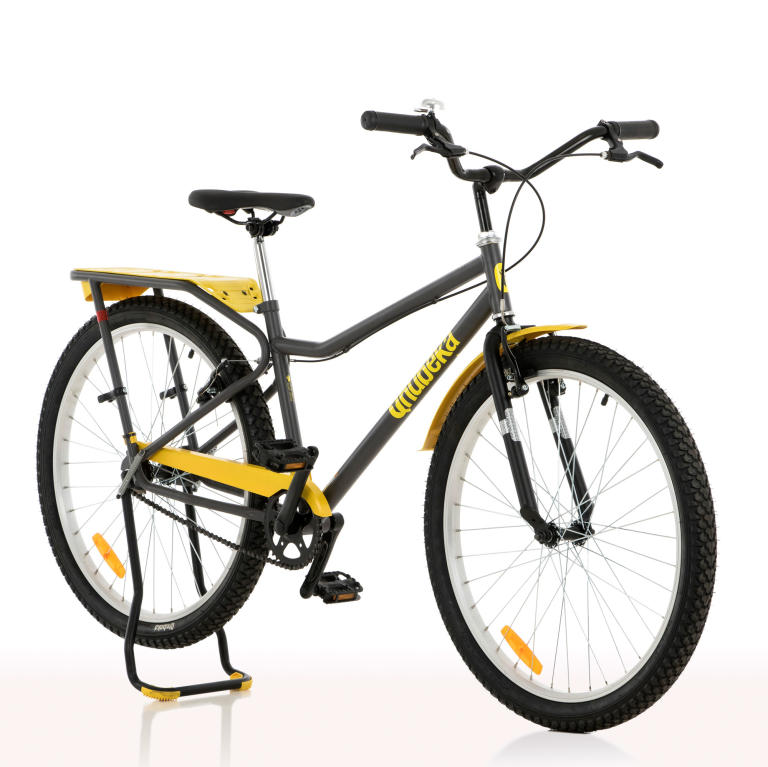
Bicycles are a lifeline for many refugees. Cheap, quick and efficient, they are a vital tool on the road to self-reliance. Here at the Norwegian Refugee Council (NRC), we’re delighted to announce that we’re teaming up with South African bike charity Qhubeka for the duration of the 2019 Tour de France.
Over the course of the race, which runs from 6 to 28 July, we hope to raise enough funds to supply 200 bicycles for refugees in Uganda.
In addition to the bike itself, each recipient gets a helmet, lock, pump, puncture repair kit, basic tools, spare inner tubes and brake pads.

Riding to change lives
The two Norwegian cyclists Edvald Boasson Hagen and Rasmus Tiller are riding for the only Africa-based cycling team on the World Tour: Team Dimension Data for Qhubeka. As the team’s name suggests, the team is riding for more than good results in bike races.
“Our team races for something bigger than wins. We ride to help people in Africa to move forward with bicycles through our relationship with the Qhubeka charity,” says Boasson Hagen.

Ian Mills, Regional Manager of Qhubeka, sees the big picture. “All projects that Qhubeka gets involved in aim to provide something more than just a bicycle,” he explains. “We want to support people’s ideas and entrepreneurial ambitions.”
Why bicycles?
Bicycles enable people to earn money and become self-sufficient. With a bicycle, a refugee can transport goods to and from market, or simply travel to work. Bicycles are cheap, efficient and environmentally friendly, saving refugees vital time and money.
Edvald Boasson Hagen is a three-time stage winner in the Tour de France and knows more than most about cycling and the benefits it can bring.
“To get access to a bicycle can change a person’s life,” he explains. “With a bicycle, people can travel four times faster than if they were walking. A bicycle also increases a person’s carrying capacity by five times and saves them money they would otherwise have had to spend on public transport.”
And why Uganda?
Uganda is currently hosting about 1.2 million refugees from neighbouring countries, mainly South Sudan. Uganda’s refugee policies are generous and progressive. Refugees are not confined to settlements or camps. They can move around freely, earn money and get employment to become self-reliant and less dependent on assistance.

NRC has worked with refugees and displaced people in Uganda since the 1990s. We support activities that improve livelihoods and create jobs through skills training, education, water and sanitation, and more.
“Teaming up with Qhubeka will make it easier for refugees to build micro-enterprises that require that goods or people are transported to markets,” explains Melchizedek Malile, NRC’s Head of Programmes in Uganda.



